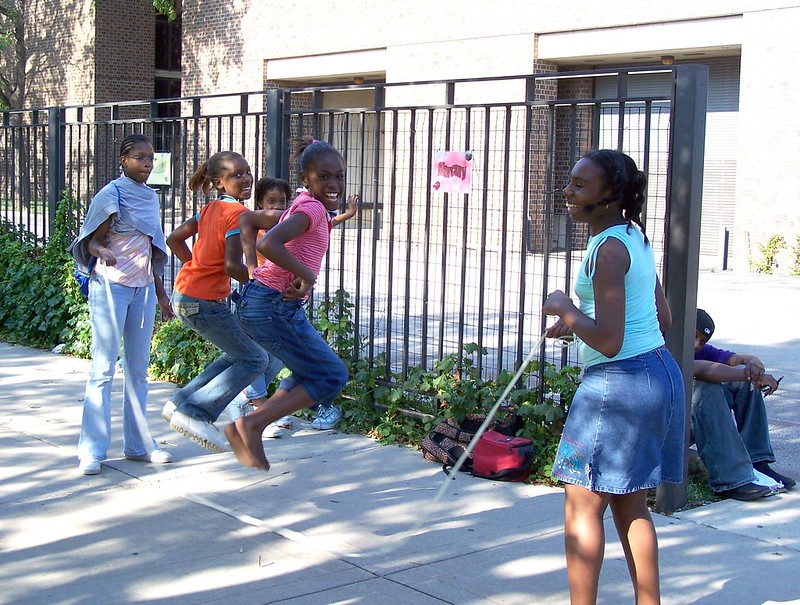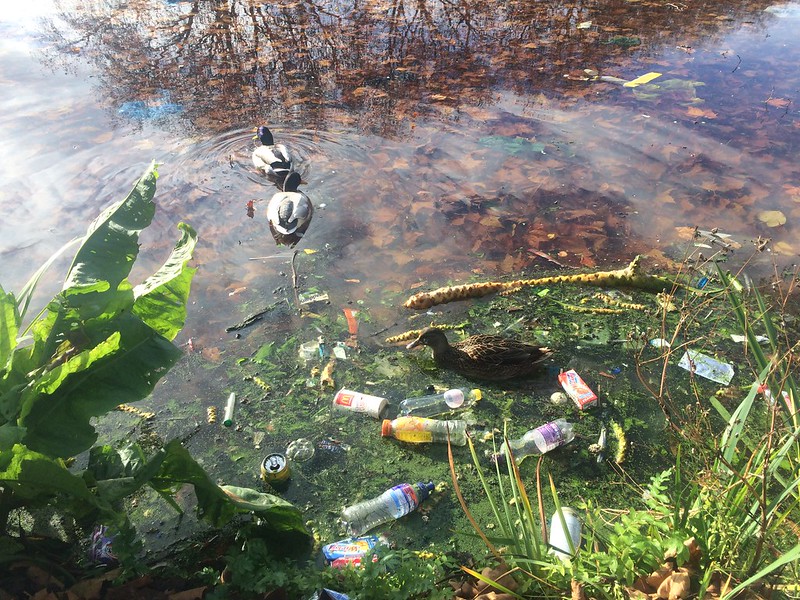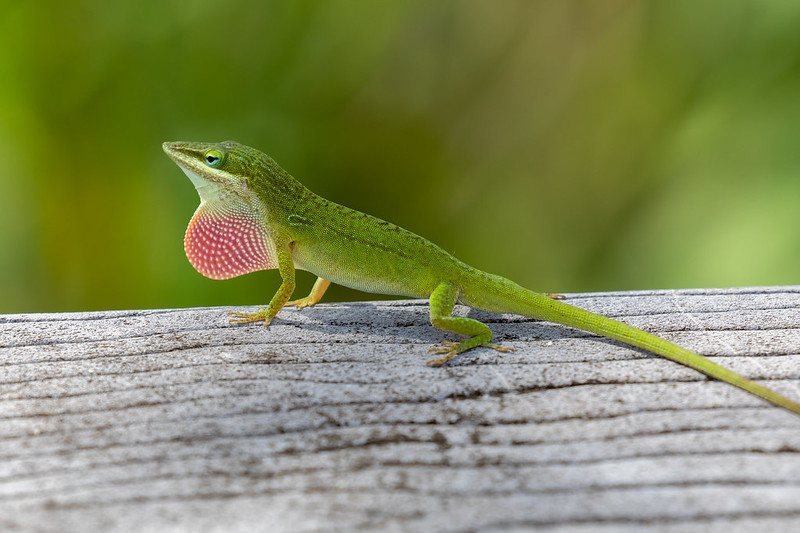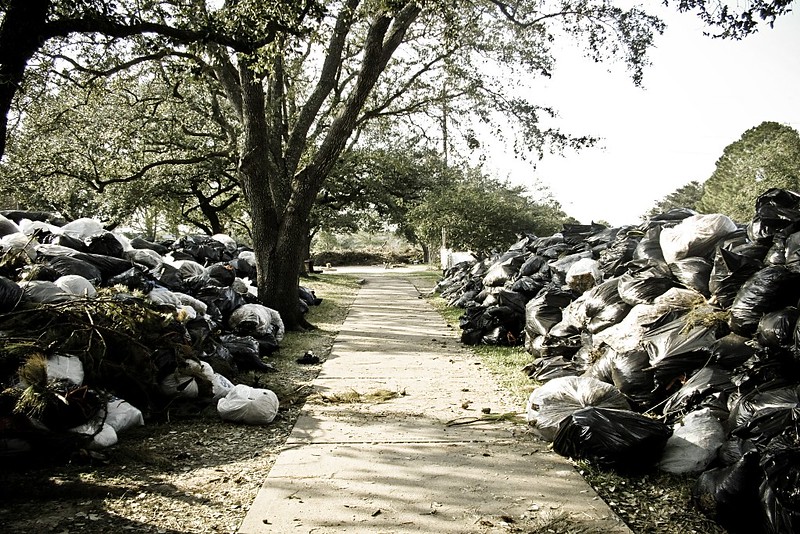Miss Suzie Had a Baby, She Named Him Tiny Tim
By Laura Grace Weldon
Outrage drives me outside,
a choice a woman can still make.
I clamber close to our muddy creek
collecting trash caught in fallen branches.
I empty water from a Stroh’s bottle
and battered jug of Cheer detergent.
Pull out blue plastic bags and
an honest-to-God wire hanger.
Untangle a multicolored jump rope
with red wooden handles,
the kind we jumped with during
recess at Pine Elementary School
chanting K.I.S.S.I.N.G., and Cinderella.
Some girls were such good skippers
they didn’t miss a jump till a whistle’s
shrill made us head back in,
line up at the drinking fountain, then
sit every minute of three more hours.
I hear singsong rhymes in my mind
as I walk back with this trash
still feeling our legs leap,
our hair fly in synch,
drumbeat of feet on the ground
the way girls and women
from the beginning
have worked together
while singing in unison.
Laura Grace Weldon lives in a township too tiny for traffic lights where she works as a book editor, teaches writing workshops, and maxes out her library card. Laura served as Ohio’s 2019 Poet of the Year and is the author of four books. lauragraceweldon.com
Photo credit: ErstwhileHuman via a Creative Commons license.
A note from Writers Resist
Thank you for reading! If you appreciate creative resistance and would like to support it, you can make a small, medium or large donation to Writers Resist from our Give a Sawbuck page.




